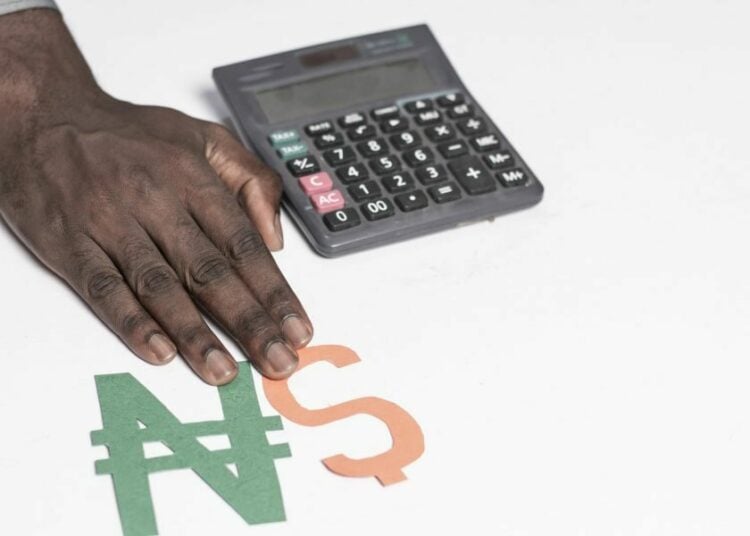Nigeria’s foreign reserves have witnessed a welcome increase, a development attributed to a combination of strategic economic policies and renewed investor confidence, according to Dr. Chukwunenye Kocha, a financial economist at Rivers State University and member of the Board of Economists on the National Economy.
Recall that LEADERSHIP reports that external reserves have surged to $41 billion, marking the highest level in four years and signalling a promising boost for the country’s economic stability and currency strength.
According to the latest data from the Central Bank of Nigeria, Nigeria’s foreign exchange reserves hit $41.046 billion as of August 20, 2025, the highest since December 2, 2021.
The reserves had since the ending of 2021 been on the decline as the apex bank dipped into it to support the naira, depleting it to nearly $31 billion last year, before it began a steady accretion on the various reforms of the CBN.
Dr. Kocha explained that several key factors have worked synergistically to strengthen the country’s reserves during turbulent economic times. Central among these are the government’s approach to reducing fuel subsidies, increased domestic refining capacity led by the Dangote refinery, and restoring confidence among foreign investors.
“It’s not completely unexpected,” Dr. Kocha noted. He explained that Nigeria’s foreign reserves accumulate primarily through surpluses in international trade as an import-dependent country. “In a country that is import-dependent, as you’re gathering resources through international trade, through surpluses in trade… these trickle back to your central bank in the form of foreign reserves,” he said.
He noted that historically, Nigeria’s payments abroad featured heavily on energy imports, specifically refined petroleum products, because the country lacked sufficient domestic refining capacity and purchased finished fuel products abroad. This reliance contributed to a drain on foreign reserves.
However, the government’s recent reduction in fuel subsidies has partly alleviated this burden. Dr. Kocha explained that the fuel subsidy previously meant the government absorbed the fuel price differentials at international rates, effectively using reserves to pay for imported fuel. “The fuel subsidy regime has been able to stop fuel importation,” he stated. “Because the government stopped that payment, the government should have been making some gains.”
Moreover, the Dangote refinery, now operational, is playing a crucial role by boosting domestic fuel production and enabling the export of finished petroleum products. These exports generate foreign currency inflows, directly increasing the central bank’s reserves. “When a country exports, especially finished petroleum products like Dangote is doing, the payments come into the central bank accounts,” Dr. Kocha said.
Another significant factor in the reserve build-up is the resurgence of foreign direct investment (FDI), a sign of renewed foreign investor confidence in Nigeria’s economic prospects. Dr. Kocha highlighted improvements in the ability of foreign airlines and other investors to repatriate funds—a challenge that previously deterred investment. “Now, they’ve been able to pay them. So, that confidence is there,” he affirmed.
The return of foreign airlines and rising investment indicate expanding economic activities and increased capital inflows, further buoying Nigeria’s foreign reserves.
Dr. Kocha remains optimistic about the trend, concluding that the upward trajectory in Nigeria’s reserves will likely continue. “So, it’s not completely unexpected that Nigeria’s reserves should rise; we expect it to rise further.”
The economist noted that this development marks an encouraging outlook for Nigeria’s economic stability and ability to manage external shocks amid ongoing global uncertainties.





